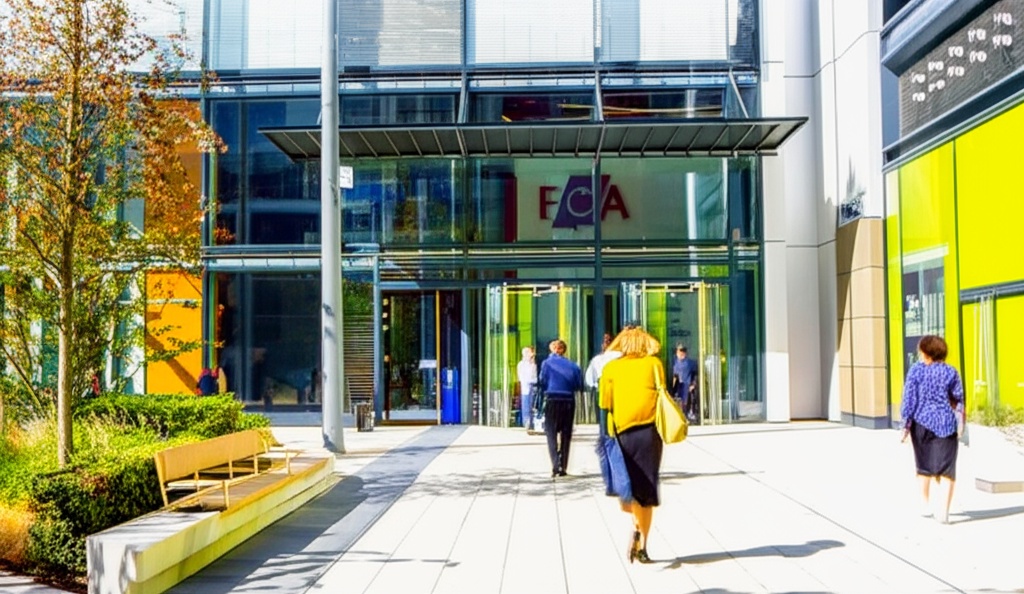The UK Financial Conduct Authority (FCA) has announced plans to remove the £100 contactless payment limit. This move will allow businesses and consumers more flexibility.

The decision follows the success of digital wallets with biometric logins, which currently bypass the limit. The FCA’s plan is influenced by the experience in the US.
FCA Plans Open Finance, SME Support
In addition to this, the FCA is focusing on open finance reforms, particularly in small and medium enterprise (SME) financing. The FCA plans to prioritize SME lending under new powers expected from the Data (Use and Access) Bill. It also aims to introduce variable recurring payments
Payments
One of the bases of mediums of exchange in the modern world, a payment constitutes the transfer of a legal currency or equivalent from one party in exchange for goods or services to another entity. The payments industry has become a fixture of modern commerce, though the players involved and means of exchange have dramatically shifted over time.In particular, a party making a payment is referred to as a payer, with the payee reflecting the individual or entity receiving the payment. Most commonl
One of the bases of mediums of exchange in the modern world, a payment constitutes the transfer of a legal currency or equivalent from one party in exchange for goods or services to another entity. The payments industry has become a fixture of modern commerce, though the players involved and means of exchange have dramatically shifted over time.In particular, a party making a payment is referred to as a payer, with the payee reflecting the individual or entity receiving the payment. Most commonl
Read this Term in open banking.
FCA to remove £100 contactless limit https://t.co/XgovZk7yHK
Pushes for Digital Identity, Reform
The FCA is focusing on a digital-first approach under the leadership of a new executive director for payments and digital finance. This director will also lead the Payment Systems Regulator. Existing reforms, including those in securities settlement
Settlement
Settlement in finance refers to the process when a buyer makes payment and receives the agreed-upon services or goods. The term is used on exchanges such as New York Stock Exchange (NYSE) when security changes hands. When the asset is transferred and placed in the new buyer’s name, it is considered settled. This process could take a few hours or several days after a trade is made. It depends on the clearance process. In the United States, the settlement date for marketable stocks is usually 2
Settlement in finance refers to the process when a buyer makes payment and receives the agreed-upon services or goods. The term is used on exchanges such as New York Stock Exchange (NYSE) when security changes hands. When the asset is transferred and placed in the new buyer’s name, it is considered settled. This process could take a few hours or several days after a trade is made. It depends on the clearance process. In the United States, the settlement date for marketable stocks is usually 2
Read this Term, digital assets, and pensions, will continue.
The FCA has also suggested that the Government take action in three areas: improving digital identity verification, enhancing the Companies House database, and digitizing court systems to reduce delays.
Regulators Review MoU to Strengthen Cooperation
The rapid growth of the payments industry has led UK regulators to reassess their collaboration. The Bank of England, Financial Conduct Authority (FCA), Prudential Regulation Authority, and Payment Systems Regulator recently reviewed their Memorandum of Understanding (MoU) for payment systems, as reported by Finance Magnates earlier.
In a statement, the FCA noted that the regulators identified areas for enhanced cooperation to align with the government’s National Payments Vision. As required by the Financial Services Banking Reform Act 2013, the four authorities review their MoU annually to outline their collaboration on oversight, regulation, and innovation in payments.
The 2024 review highlighted improvements in data sharing and expertise exchange. However, senior representatives recognized the need for further alignment and plan to update the MoU by the second quarter of 2025. The National Payments Vision, published in November 2024, sets out priorities for modernizing payment systems with a focus on innovation, resilience, and inclusivity.

